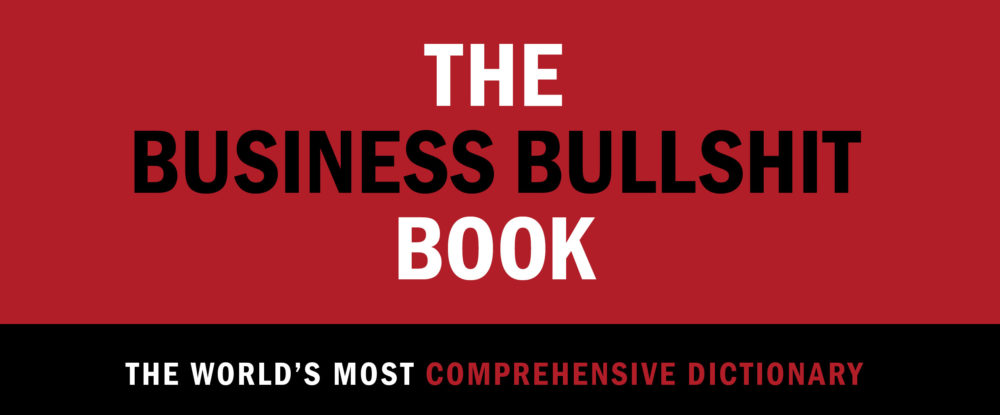Making It As a Strategist: The Definitive Guide
If you’ve ever overheard a conversation among strategists filling out a communications brief, you’d be forgiven for wondering if they were making the whole thing up just for the sake of intimidating everyone else.
The language of strategy can certainly be confusing. But with these handy guidelines and just a little practice, you’ll be able to take on the top strategic brass at any agency.
First, always remember that the creative idea must not be confused with the campaign idea, and both are entirely separate from the brand idea and the activation idea (not in itself the same as a 360 idea).
Brands may have keys, ladders, foundations, essences, platforms, pyramids or onions. They all serve entirely different purposes and are exactly the same thing. Be wary of confusing a campaign positioning statement with an advertising proposition, as these are not at all the same.
When in doubt, use “Big Idea”.
Engagement platforms are not the same as media platforms or connections platforms or communication platforms (or ideas, or strategies). Creative agencies may try to develop these but media agencies will not thank them for it.
What’s important is that we all work together for the good of the client. Integration is important. Always marry creative with media. Work as closely as possible with partner agencies. Creative teams should never meet with media teams because they will never listen to their suggestions anyway. Focus on your specific discipline, as this will ensure better outcomes for your client.
Outcomes are not the same as outputs or outreach or outtakes. Never, ever confuse these or you will get fired.
Having a planning process is really important. Processes restrict creativity. Planning frameworks are better and are completely different from processes.
Consumers want to engage with your campaigns. No one wants to engage with your campaigns but you must try to make them anyway.
You cannot plan an effective campaign without understanding the consumer journey. The consumer journey is not the same as the advertising funnel, except when it uses exactly the same words. The funnel is dead. The funnel is crucial to campaign success. The funnel is really a loop.
Be disruptive but never disrupt. Be empowering but never smug. Be part of the fabric of society. Stand out from culture. Become part of culture. Create culture. Context is critical. Nothing is more important than great content. Content is king. Without it your ad will not go viral. Great content is meaningless without good distribution.
Mobile is the most important screen. You must think mobile-first. You must not think mobile-first, you must think mobile only. You must be channel neutral. It is not about one screen, but multi-screen. It is really important that you talk about driving lots of earned media with your paid campaigns because earned media is free. Earned media should have at least 30% of the total budget put against it.
Big data is really really important. You must say ‘data’ at least twice in every conversation with a client, or you will have no credibility. Ditto, ‘innovation’, ‘dashboard’ and, ‘when I was at CES’.
Great insights must be rooted in data. Great insights come from creative minds, never from data. Everything is going programmatic. No one understands programmatic.
You must establish KPIs at the start of the campaign. KPIs are not the same as, but may be equal to or greater than, metrics and measures. Our work should be judged on only one metric – our clients’ sales results.
Sales results are an unfair metric against which to be judged, as there are simply too many contributing variables that will affect them.
Which brings me to my main point; next time you find yourself confused in a room of strategists debating the difference between a comms principle and a strategic tenet, rest assured that no one else is any the wiser.
Should anyone ever try to make you feel insecure about your ability to navigate these muddy linguistic waters, simply ask them quietly how they define an insight, then sit back and watch them bluster. Speak confidently, say ‘ecosystem’ regularly and, if all else fails, adopt a British accent.
